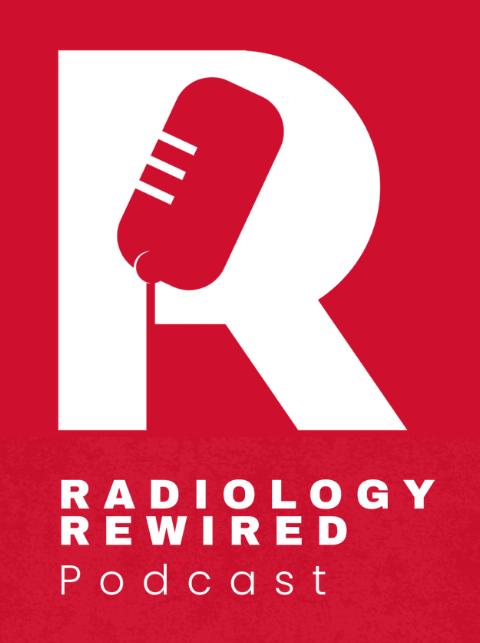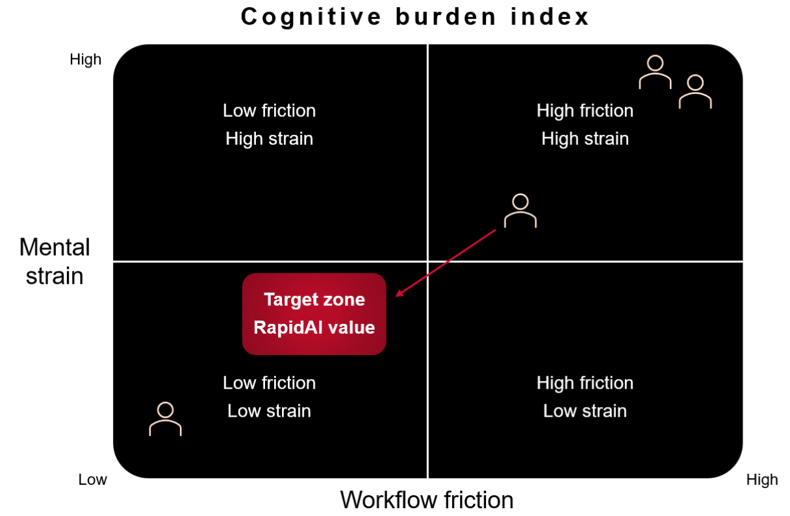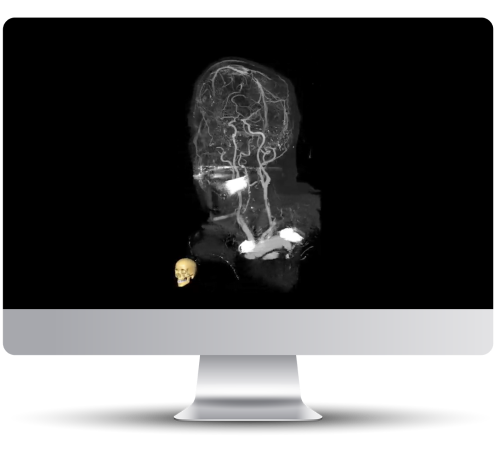Based on current evidence, treatment with intravenous alteplase is recommended for patients with DWI-FLAIR mismatch or perfusion mismatch on CT or magnetic resonance perfusion. However, emergency rooms may have limited access to MRI or perfusion imaging.
What are the functional outcomes in patients given tenecteplase within 4.5 hours of awakening and screened using non-contract CT (NCCT)?
Tenecteplase, a modified version of alteplase, has higher fibrin specificity, a longer half-life, and a simpler single-bolus administration than alteplase.
Dr. Melinda B. Roaldsen and co-authors performed a multicenter, open label, randomized controlled trial (TWIST) with blinded endpoint assessment at 77 hospitals in ten countries to investigate.
Key takeaways:
- Current evidence does not support tenecteplase treatment in wake-up stroke patients assessed using NCCT.
- In the patients screened using NCCT, treatment with tenecteplase was not associated with better functional outcomes (vs. control), according to the mRS score at 90 days (adjusted OR 1·18, 95% CI 0·88–1·58; p=0·27).
Study design
Study inclusion criteria:
- ≥18 years or older
- An acute ischemic wake-up stroke
- National Institutes of Health Stroke Scale (NIHSS) score of 3 or higher or aphasia
- The ability to receive tenecteplase within 4·5 h of awakening.
- NCCT examination.
NCCT scans were done at admission and 24 hours, and ASPECTS was used to determine any ischemic changes (blinded analysis). Patients with a large intracranial hemorrhage or an infarct comprising hypoattenuation in more than a third of the middle cerebral artery territory were excluded.
The trial participants were randomly assigned to either intravenous tenecteplase or control (no thrombolysis) using a central, web-based, computer-generated randomization schedule. The treatment group received 0·25 mg per kg of body weight (maximum 25 mg) tenecteplase as a single intravenous bolus.
The physicians performed clinical assessments on day 1 (baseline) and day 7.
The follow-up assessment was done on day 90, and the outcome data were collected using centralized standardized telephone interviews.
The primary outcome was the functional outcome assessed by the modified Rankin Scale (mRS) at 90 days in the intention-to-treat population (defined as all randomly assigned patients).
The tenecteplase group had a higher proportion of patients with atrial fibrillation than the control group (21% vs. 11%). The control group had a higher proportion of patients with large vessel occlusions (37% vs. 30%) and those who received endovascular interventions (14% of 6%).
The final analysis included 283 patients who received tenecteplase treatment and 284 who received standard care (control group).
Treatment with tenecteplase was not associated with better functional outcomes, according to the mRS score at 90 days (adjusted OR 1·18, 95% CI 0·88–1·58; p=0·27).
Forty-five percent of the patients in the tenecteplase group and 38% in the control group had excellent functional outcomes. The proportion of patients with good functional outcomes did not differ between the treatment and control groups.
The response to treatments (neurological deficits) was similar between the groups (70 [24%] vs. 56 [19%]; adjusted OR 1·35, 0·91–2·02).
The NIHSS score at 24 hours and seven days and the median changes in NIHSS from baseline to 24 hours and seven days were also similar between the two groups.
Mortality at 90 days did not significantly differ between the treatment groups within 90 days (28 [10%] patients in the tenecteplase group and 23 [8%] in the control group; adjusted HR 1·29, 95% CI 0·74–2·26). The number of symptomatic and intracranial hemorrhages in both groups was similar to previous WAKE-UP stroke trials that used advanced imaging to select patients for tenecteplase treatment.
In patients with wake-up stroke, tenecteplase treatment in patients selected with NCCT was not associated with better functional outcomes at 90 days. Therefore, current evidence does not support tenecteplase treatment in patients selected using NCCT.
Co-authors of this study: Agnethe Eltoft, Tom Wilsgaard, Hanne Christensen, Stefan T Engelter, Bent Indredavik, Dalius Jatužis, Guntis Karelis, Janika Kõrv, Erik Lundström, Jesper Petersson, Jukka Putaala, Mary-Helen Søyland, Arnstein Tveiten, Andrew Bivard, Stein Harald Johnsen, Michael V Mazya, David J Werring, Teddy Y Wu, Gian Marco De Marchis, Thompson G Robinson, Ellisiv B Mathiesen, for the TWIST investigators.


